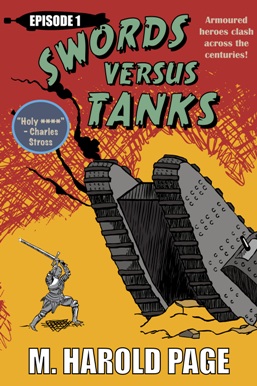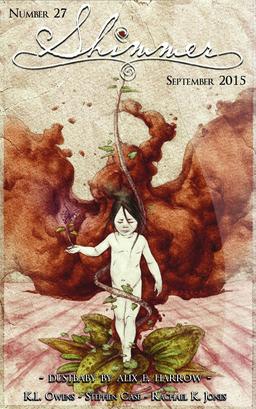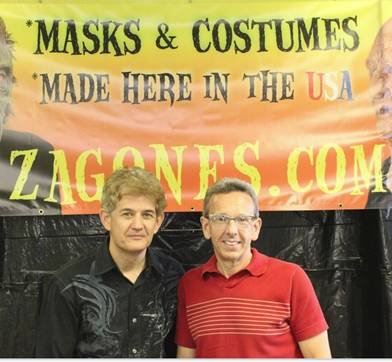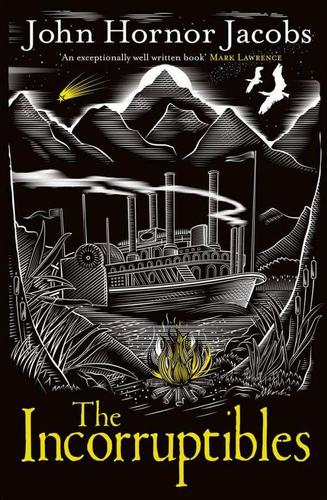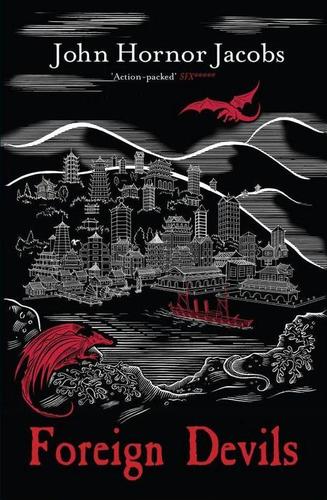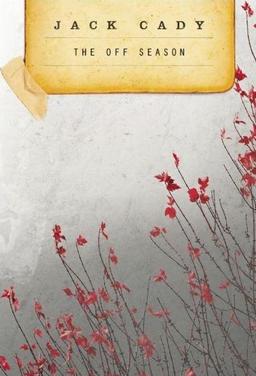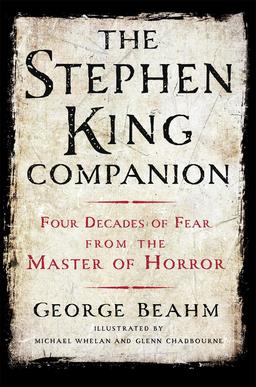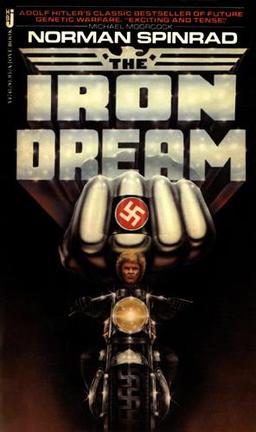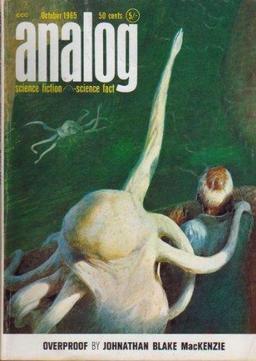Vintage Treasures: The Cú Chulainn Novels of Gregory Frost
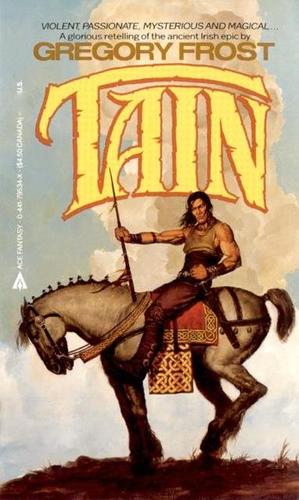 |
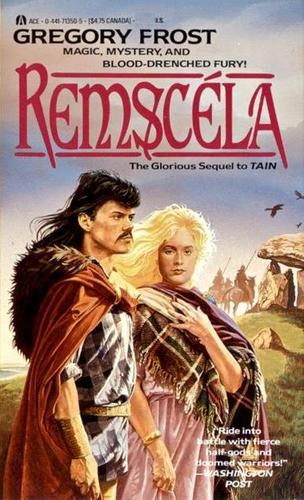 |
Celtic fantasy has always been a popular sub-genre, but it really exploded in the 80s, in the capable hands of writers such as Charles de Lint, Emma Bull, C.J. Cherryh, Katharine Kerr, and R.A. MacAvoy, and with bestsellers like Marion Zimmer Bradley’s Mists of Avalon.
In 1986 new writer Gregory Frost — whose debut novel Lyrec had been published by Ace two years earlier, and been well received — retold the great Irish epic Tain Bo Cuailnge (“Cattle Raid of Cooley”), the tale of the hero of Ulster, Cú Chulainn, Ireland’s greatest champion, who at the age of 17 single-handedly defended his people against the invading army of the sorceress queen Maeve. This began a two-book cycle retelling many of the tales of Cú Chulainn: Tain, published in 1986, and its sequel Remscela, which appeared in 1988.
